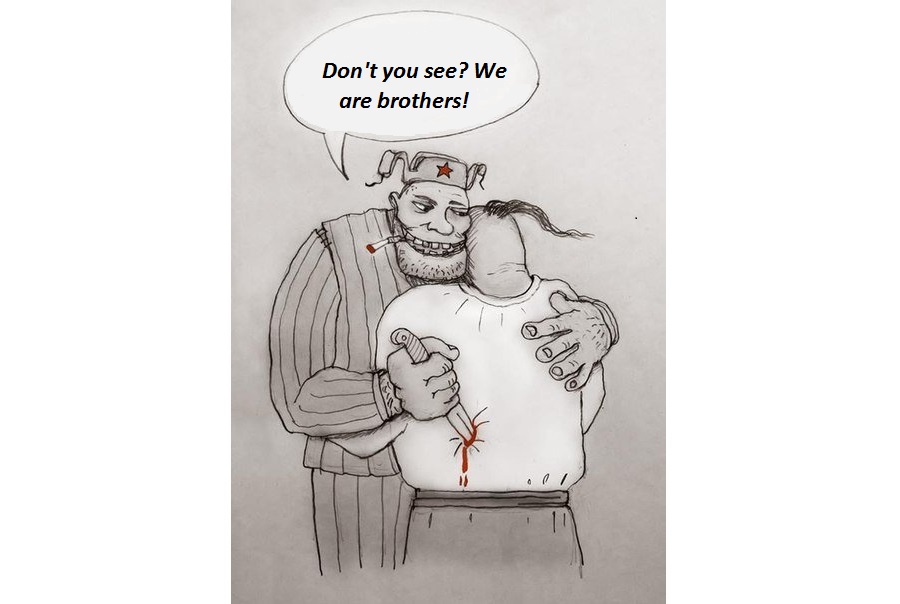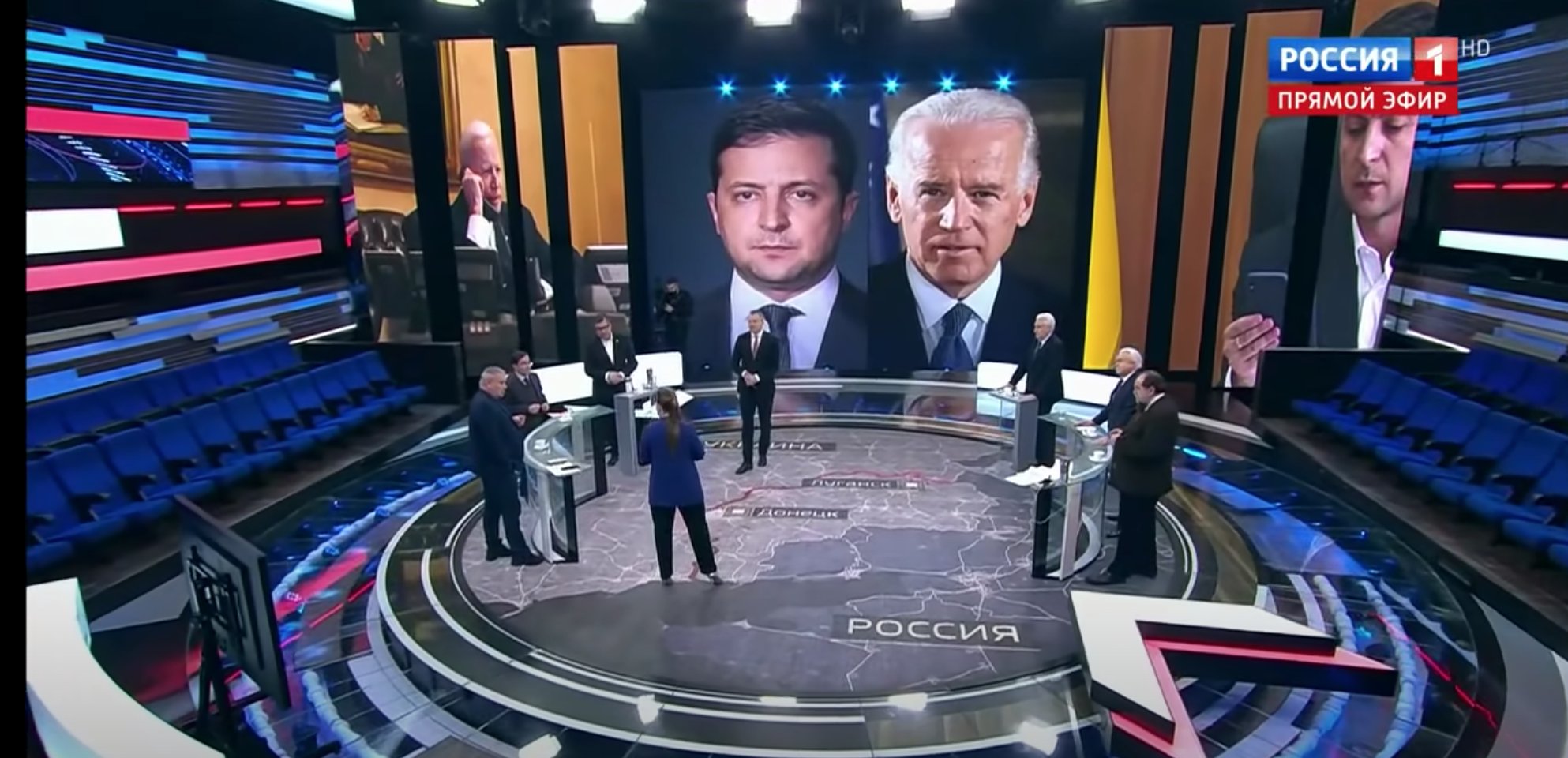Ukrainian data journalism agency Texty.org.ua has reported facing “unprecedented pressure, manipulation, slander, demands to strip us of donor funding, and threats of physical violence” following the publication of their research titled “Roller Coaster: From Trumpists to Communists. The forces in the US impeding aid to Ukraine and how they do it.”
In the study, published on 6 June 2024, Texty analyzed the political, media, and expert environment in the United States that influences decisions on further support for Ukraine in the Russo-Ukrainian war. The research included a table listing organizations and individuals in the US who oppose supporting Ukraine, analyzing their arguments and comparing them with common Russian disinformation narratives, which were debunked with evidence and source references.
“The table of research subjects, which has generated the most controversy, is neither a “list of enemies of Ukraine” nor a “kill list,” as it has been labeled in numerous posts circulating on platform X,” Texty wrote in a preface to the study, added on 9 June after a hate campaign against the publication started on X/Twitter.
In their statement, Texty stated it does not label the study subjects as enemies of Ukraine, “nor do we dispute or condemn their right to freedom of expression.”
“We merely state the fact that they oppose support for Ukraine and that many of their arguments resonate with Russian propaganda narratives about Ukraine,” the publication wrote, adding that “All published data regarding individuals and organizations are taken from the open, including official, sources.”
What’s in the study?
The original article examines the network of American politicians, experts, media personalities, and organizations that oppose providing aid to Ukraine against Russia’s invasion.
Key figures mentioned in the study include former President Donald Trump and his allies, billionaires like Elon Musk and Peter Thiel, Republican senators like J.D. Vance and members of the House like Marjorie Taylor Greene.
Additionally, the analysis mentions left-wing anti-war activists like CODEPINK, conservative think tanks like the Quincy Institute, conspiracy theorists like Alex Jones, and pro-Russian propaganda outlets like RT and The Grayzone.
Inside the USA’s anti-Ukraine network, from hard left to far right
The arguments of those opposing providing US aid to Ukraine often mirror Kremlin narratives, blaming NATO expansion, portraying Ukraine as a failed state, or calling for negotiations that would cede territory to Russia.
The study notes that the ecosystem spans the political spectrum, with both right-wing Trumpists and left-wing pacifists finding common cause in opposing US support for Ukraine’s resistance against Russian aggression.
Hate wave
Following the publication, the Ron Paul Institute’s director, Daniel McAdams, accused Texty of creating a “hate list” of American citizens, funded by the US government. This claim was then disseminated on social media by other conservative outlets, ultra-right and left-wing American activists, attacking Texty’s editorial team and authors, even issuing threats.
US House Representative Marjorie Taylor Greene called Texty’s publication a list of “enemies,” claiming it was backed by President Volodymyr Zelenskyy. Senator J.D. Vance and Representative Matt Gaetz called on the US Secretary of State to investigate Texty, urging the House Appropriations Committee to back a resolution urging to halt US support for the organization, which was approved.
Meanwhile, the US Embassy in Ukraine denied any US funding involved in the Texty’s research:
“The Department of State had no role or involvement in the aforementioned ‘Roller Coaster’ project published by Texty.org.ua,” the diplomatic mission’s press service said in a comment to Radio Liberty on 13 June.
Elon Musk, the owner of social media platform X/Twitter, who was mentioned in Texty’s research, responded to a Republican congressman’s call to strip Texty of donor support by calling for the organization to be listed as a terrorist group.
In their statement, Texty stated,
“We view this campaign as an attack on freedom of speech and a display of chauvinism against the citizens of Ukraine. Our critics believe that we do not have the right to investigate the streams of false information they produce about our country and us, simply because they are US citizens and we are not.”
Meanwhile, Ukraine’s Media Movement, representing journalists from top Ukrainian outlets, has appealed to the US Congress, urging:
- to stop pressuring Texty.org.ua and refrain from using Ukrainian media as tools in America’s internal political battles ahead of the upcoming US elections.
- to show genuine support for free speech and the defense of independent media by overturning decisions that may restrict the expression of the independent Ukrainian press.
- to initiate an independent investigation to verify whether the assertions in the Texty.org.ua publication align with the spread of narratives that echo aggressive Kremlin propaganda in the US.
Related:
- Snyder: US foreign policy fails to grasp reality and urgency in Ukraine
- Echoes of Yanukovych-era state censorship rock Ukrainian state media Ukrinform
- Texty journalist threatened after uncovering pro-Russian Telegram channels and their influence on president’s party MPs
- “Biolabs” and “persecution of Christians”: GOP Congresswoman spreads Russian propaganda to oppose Ukraine aid bill
- US Senate overwhelmingly approves Ukraine aid, Biden says he will sign the bill as soon as it reaches his desk (updated)
- Texty: Russian museums refuse to return 110000 Ukrainian looted treasures







